By
Anant Mishra
Introduction
The Energy Policy is one of the most pressing issues in international relations, especially in the much industrialised and globalised world.
At times we have seen that a secure energy line is taken for granted, as it is the vital sign of safety and security for mankind. If the energy supply is threatened, governments and people have to deal with power outages, homes without ventilation, failing networks and communication lines, industries shutting down and potential conflict that no government is prepared to deal with.
We are all well aware of the common resources – solid fuels (such as coal), crude oil, natural gas, wind energy, hydroelectric, solar energy, biofuels, nuclear and others. These all have their own specific requirements and necessities in terms of location, fuel sources and transportation networks, which make them operational in only those areas that satisfies its requirements. Also, they work together and create a very complex energy producing mechanism followed by the output that needs to be carefully read, along with proper training with respect to its operation and handling capacity required for it to work. This makes energy one of the most complicated issues in international relations – requiring a prerequisite of high technical skill and knowledge, followed by a global insight to ensure that science does not compromise security. Whatever we do is influenced by science, and a shutdown in energy, either from the side of science or from mankind, could be catastrophic.
The Way “Energy” works
Viewing it with an American perspective, fossil fuels are an undeniable king of energy, whether in the form of oil or natural gas. Sometimes in European politics, renewable energy discussions are laughed off as little side projects. But looking at the global changing scenario, this is very much an American problem, and it is not just limited to the EU. As a matter of fact, the European Union gets less than 47% of its energy from fossil fuels, compared to 82% in the U.S, which means that globally (particularly Europe), renewable sources of energy, including nuclear, are quickly expanding into the sole sources of fuel, even for the “struggling” economic giant EU.
There is a wide variety of renewable energy resources, and most of them are quite well known and easily understood, so we will not cover them in any more depth. Although, looking at an international perspective requires a primary level of understanding (especially the techno–science) of the energy industry. In the past we have seen that there have been problems in creating, transporting and distributing energy, global energy companies trying to reach across the entire continent and especially across large spaces of Europe and Asia. Let’s identify the problem first.
Today, most of the energy policy is dictated by fundamental laws of physics. Electricity cannot be restored permanently. Also, there is absolutely no way to produce physical electricity, put it in some container unit and save it for the rainfall. This clearly means that the electricity must be produced in the same time that it is being demanded for use.
Let us presume that there is a surge in electricity (let’s say at 6pm when most people are returning home and many switch on television sets), and sources of energy (such as coal plants) fail to increase production (either by denying any further increase in the quantity of coal and the speed of their generators in time), millions will be left without electricity.
And today, this so called “equilibrium” is being regulated by a very complicated system of national and international power grids, to which engineers are constantly monitoring the production levels of plants across the globe in accordance with the growing rates of consumer demands. If they don’t meet the growing demands (specific in a country), then engineers will be forced to borrow electricity from a nearby country’s supply- which is only possible if the nation has a surplus of energy and only if they are willing to share their electricity, and is only possible if the infrastructure is in place that links the power grid of the former country and the country in debt.
Let us understand this with an example. Often, the United Kingdom borrows electricity from France, (specifically from the northwestern province of Brittany), when there is shortage of electricity supply within the nation. But it is only possible because of many reasons. To begin with, the UK and France have been allies since the War, and the electricity lines share the proximity of both borders. Many nations in Europe are working on creating coordinating power grids, which is also clearly visible in the figure below. Although, taking major steps such as coordinating power grids requires enormous trust and cooperation, followed by very expensive safeguards, in addition to round the clock security around it. The electricity system to some degree is inherently almost always on the edge of destruction and chaos, and the importance of cooperation between nations means one conflict in a rogue state can quite easily send the system out of balance.
But here we are only addressing the system that describes the distribution of the output of power, which plays a role of less than half in the entire equation. There is another extremely complicated and vulnerable system that brings the sources of fuel to power plants. Theoretically speaking, this is where Russia comes in. Some power plants are very specific to the sources it needs – a coal power plant can only work with coal, a nuclear power plant can only work with uranium, and an oil power plant can only work with oil. While these power plants are located in areas where the physical access of such resources are available plus the availability of the resource is maximum, and a large amount of fuel are imported and exported, thus relying solely on the energy that is easily accessible, is an entirely outdated idea, in addition to being insecure.
As a matter of fact there are huge lines of transportation already set, which can bring the sources anywhere (from different parts of the world or within a region). Transporting many fuels, especially oil and coal, have relatively small yields per fuel clearly means that transporting it by plane wouldn’t be worth investing. They then will require a more efficient way of transport – coal is often transported by train, and oil either by boat or by pipeline if being transported by land. This also means that plants would be in a position where the arriving cargo can be easily unloaded – next to railroads, by the ocean, in the ocean, or connected to a pipeline, which can cause its own problems, if the location is within disputed territory or if the citizens don’t want a plant there.
This transportation includes billions of dollars alone in infrastructure and billion more in transportation. The role of transportation only comes at international level, and manipulation of the environment. All of this creates a very tangible system of energy policy with one part of the chain vulnerable for disruption which, if compromised, would set the entire system into shutdown.
Energy and the EU
If you look at the EU as a whole, many nations have variable energy output and demand levels, followed by a waste source of energy from green to fossil fuels.
Current Policy
The current European energy policy is outlined in the document called the 2009 Renewable Energy Directive. This document is a standard for all EU member nations, and mostly covers the importance of green and renewable resources along with the urgent need to switch to these two resources from fossil and nonrenewable resources. The document stated that 10% of energy consumed must be from a renewable source by 2010, and 20% by 2020. However, most European nations have already reached this goal and exceeded it. France, in fact, gets about around 50-75% of its energy from nuclear power plants. While this is a remarkably high level of energy coming from a clean source, even for the EU, it is definitely an end goal for the EU.
Green energy is one of the major concerns for the European Union, perhaps the rush for green renewable energy being a little “desperateness” to hug trees. As a matter of fact, the urgent push for green energy brings a number of “terrifying” concerns over energy security. Green energy often means technology produced within a home country and utilised within its borders, and thus requires a larger source for fuel and energy – since only one place is producing a large amount of energy, the environment becomes vulnerable. This will obviously become a major problem for nations like Russia, as the nation’s entire economy lies on energy, with the major customer being the European Union. This dependence on oil sales is shown in the graphic by Reuters, particularly as it shows oil revenues as a percentage of GDP.
The “Energy” Partners – Russia and the EU
Russia has become one of the major sources of electricity and energy in the last few years. They have huge oil reserves and the largest proven natural gas fields and are undoubtedly expanding their business. We would say over the years that Russia has become one of the largest suppliers of solid fuel and crude oil for the European Union.
This today has a major strategic value, in terms of energy revenue, but also as a bargaining chip in security policy. Their dependency on Russian oil will definitely test the energy security contingency plans in place, these being the tests the EU will not like to take.
The EU’s response to divert to green technologies shows their effort to diversify from their weaknesses and clearly explains their desires. Now it is entirely up to the Russian authorities on how to retain the position as the top employer of energy, if not for the EU, especially because there are nations in the world whose economy still depends upon oil. Now this being said, Russia’s top priority is to become the leading supplier for the EU as billions of dollars have already been invested in the infrastructure that connects Russian energy suppliers and European Union buyers, thus losing this would be catastrophic for both.

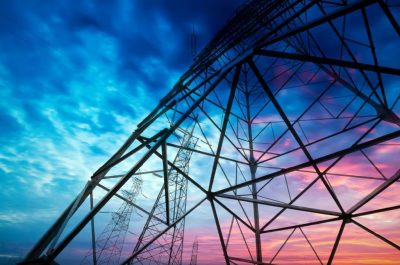
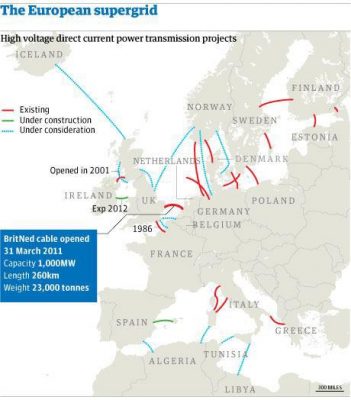
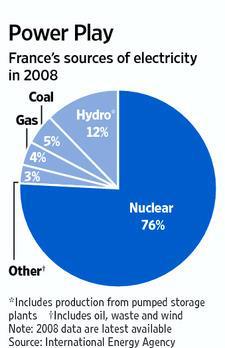
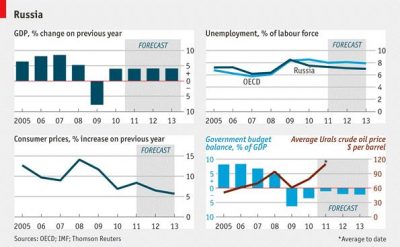
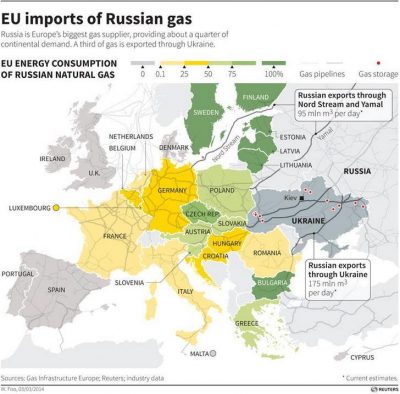

fantastic points altogether, you simply won a brand new reader. What could you recommend about your post that you made a few days in the past? Any positive?